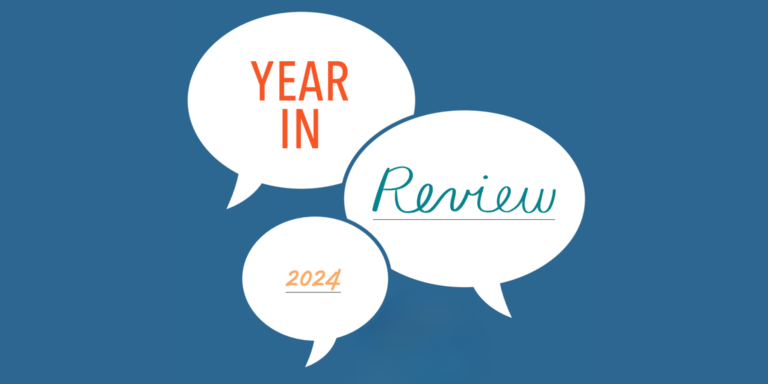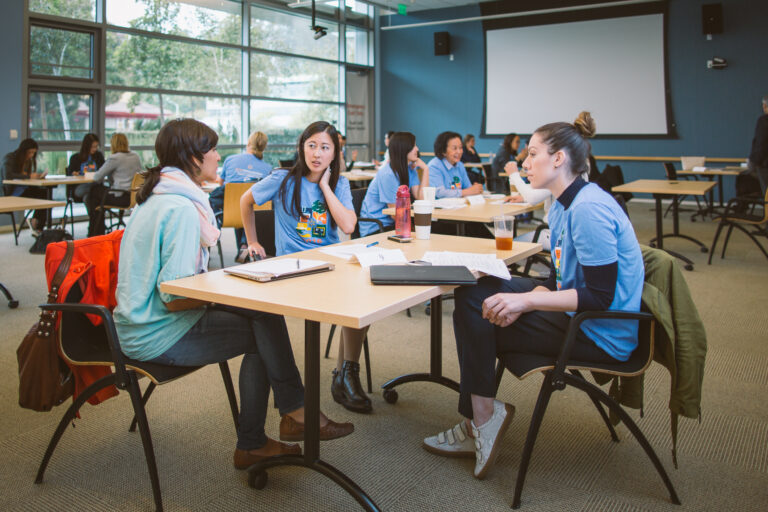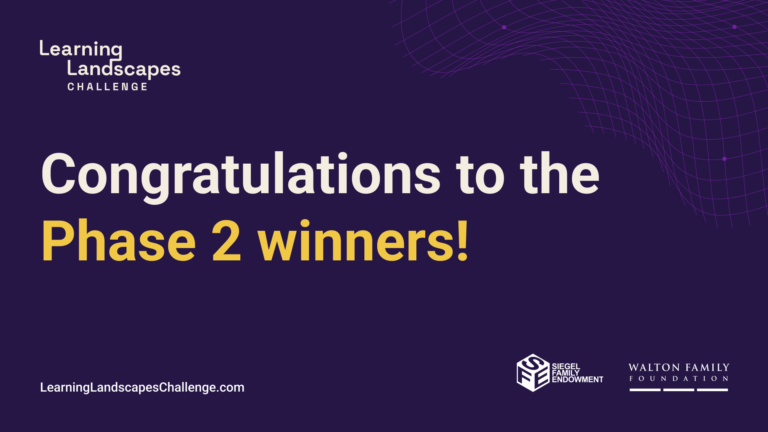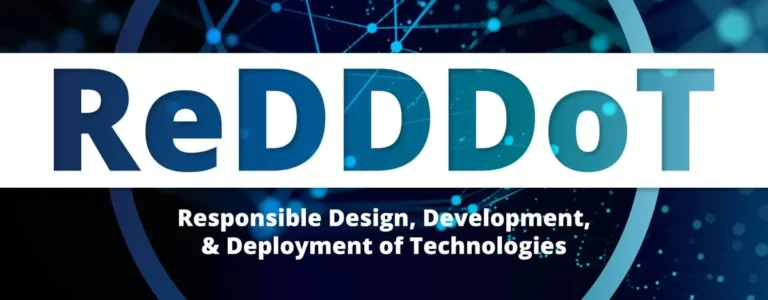With our Chairman’s support, SFE recently executed a series of Community Grants to support organizations doing COVID-19 response work. Each organization was chosen by a member of the SFE team, and we were encouraged to search for work that went beyond the typical bounds of the organization’s mission. Every team member was given access to a one-time fixed amount of funding, and had the opportunity to make an impact in communities that are important to each of us individually.
While this project was originally conceived as an exercise in responsive outreach, it had the secondary effect of reflecting the personal lens that each member of the SFE team brings to this work. The grant selection process was also an opportunity to learn about individual community ties, and allowed each team member to implement a framework for grantmaking that reflects their priorities, rather than the organization’s framework. It also highlighted a core dilemma of philanthropy: as stewards of funding, we’re given a mandate to use those funds to make a positive impact on the world around us – but what constitutes a fair decision about who receives that funding?
This process has underscored the value in the variety of different perspectives and backgrounds within our team, and highlighted the fact that these differences enhance the perspective from which we develop our grantmaking strategy. Regardless of whether we’re looking at community response work, or experimental, long time-horizon research, it’s important to fully understand how our own individual perspectives influence the decisions we make as funders. The insight we’ve gained from going through this process will position us to be more critically engaged with our own processes, and to communicate with one another more effectively.
See a full list of the organizations SFE team members chose to receive Community Grants below, and learn more about the work that they’re doing to respond to the COVID-19 pandemic.
2020 COVID-19 Response Community Grants
- The Armory Foundation offers remote health and fitness classes for youth, and a web-based college prep program for middle and high schoolers.
- The Bowery Mission is running a new Compassionate Care program, which provides meals, hygiene care, and other emergency services to those in need from two locations in Manhattan.
- The Brooklyn Community Bail Fund is running a response program designed to help people bond out of ICE detention, where they’d be significantly more likely to contract COVID-19.
- The Center for Bronx Nonprofits supports capacity building programs from Bronx-based nonprofit organizations whose operations have been directly impacted by the COVID-19 pandemic.
- The Dream Center offers virtual and remote programming to advance economic empowerment, leadership, and the arts in Harlem.
- Feeding America runs an array of emergency response services that are offered through a nationwide network of food banks, including programs to ensure access to meals for children outside of school, building the inventory of emergency food resources in food banks across the country, and providing emergency grants to local organizations that address hunger.
- Fuel the Frontlines is a program of the Queens Economic Development Corporation, supporting a new initiative to feed healthcare workers, emergency responders, and members of Queens communities in need in partnership with local restaurants.
- Genspace NYC deployed our grant as matching funds for a Giving Tuesday pledge drive, and supporting the costs of moving existing workflows online.
- Harlem United is a community health center that provides resources for low-income residents of the Harlem community.
- The Icahn School of Medicine at Mount Sinai provides care to patients across New York City and is researching therapies and vaccine treatments to be used worldwide.
- The Korean American Community Foundation has introduced a variety of COVID-19-related relief efforts for members of the Korean American community across New York City, including Korean language assistance in completing unemployment and small business loan applications, domestic violence counseling, meal delivery, and a dedicated Korean language healthcare hotline.
- The Marcy Labs School supports New York City youth in exploring careers in technology, and is offering digital programming options while students aren’t able to attend class in person.
- Project CURE is the “world’s largest distributor of donated medical relief,” and “delivering life-saving medical equipment and supplies to hospitals and clinics throughout the under-resourced world.”
- Read Alliance provides one-on-one reading tutoring to elementary students in under-resourced communities, and paid work as literacy tutors and career development resources for New York City teens. Their COVID-19 response involves bringing programs online and expanding their offerings to better support both tutors and tutees.
- Saint Barnabas Medical Center is pursuing ongoing work to provide high quality COVID-19 care to members of their community.





